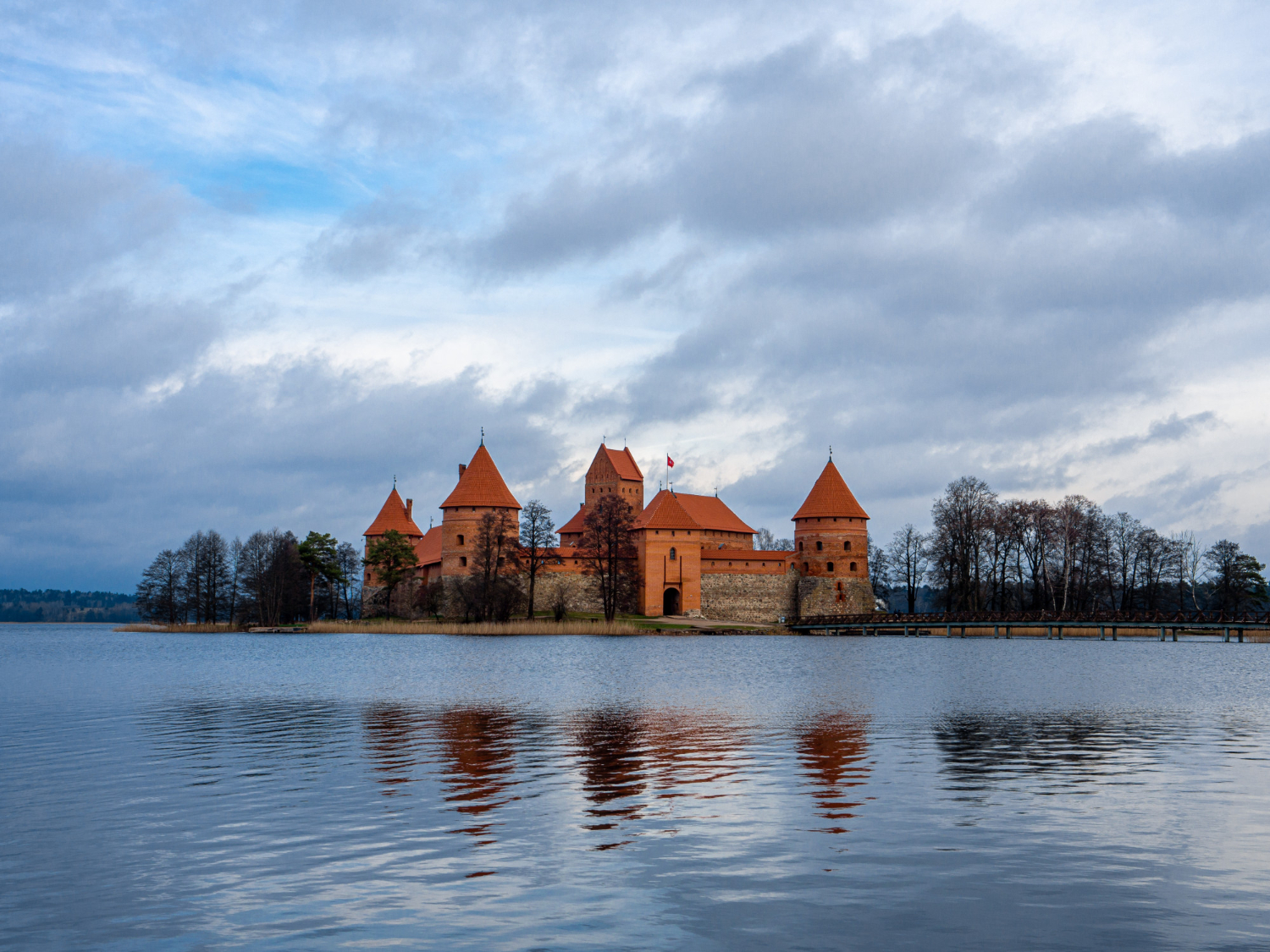Have you ever heard of Lithuania? While this Baltic state in Northern Europe is not as common as other European states, it is one of the budget-friendly places to study as an international student.
If you are considering studying here, there are several things you should know about Lithuania as an international student. Here are some of the key points to take note of.
Education System
The education system in Lithuania is well-regarded, and many of the country’s universities teach their program in English. There are two main options for university education in Lithuania: colleges (known as Kolegija or Auktoji Mokykla) and universities (known as Universitetas or Akademija).
In addition to choosing between a full-time or part-time program, you can decide between studying in Lithuanian or English. Some popular universities there include Vilnius University, Kaunas University of Technology, and Vytautas Magnus University.
Tuition Fees
The cost of tuition in Lithuania varies from university to university and the particular study program you choose. If you want to attend a state university, a Bachelor’s degree will cost you 1,000 to 5,300 EUR per year, and a Master’s degree will cost you 2,200 to 6,500 EUR per year.
Scholarships
International students are always welcome to apply for governmental scholarships in Lithuania. Additionally, there are several Lithuanian scholarships available to international students from both public and private organizations. This also includes the Erasmus+ program.
Furthermore, the Lithuanian Student Identity Card (LSP) and the International Student Identity Card (ISIC) can also help you in offsetting some living costs.
Cost of Living
The beautiful thing about living in Lithuania is that the low costs of things also allow for a high quality of life. As an international student in Lithuania, you can expect to spend between 300 and 900 EUR monthly.
For housing, most students usually prefer university accommodation as it is cheaper and you can easily get to classes from there. Your actual cost of living there will vary depending on your preferences and where you choose to reside. However, you can expect it to be lower than most European countries.
Job Opportunities
As an international student, you can work 20 hours a week. You can find jobs anywhere these days, from restaurants and bars to delivering newspapers and groceries. Also, research Lithuania’s specific employment restrictions and constraints for international students before planning to go there.
Conclusion
So, why study in Lithuania? Lithuania is a popular choice for international students, as it offers high-quality education, a rich cultural experience, safety, and affordability.
Also, check out this scholarship in case you missed it: Erasmus Mundus Joint Master Degree in Food Innovation and Product Design (FIPDes)
Feel free to contact Purplebook to guide you through your study abroad journey.
Stay up to date by following us on Instagram, Facebook, LinkedIn and Twitter.




